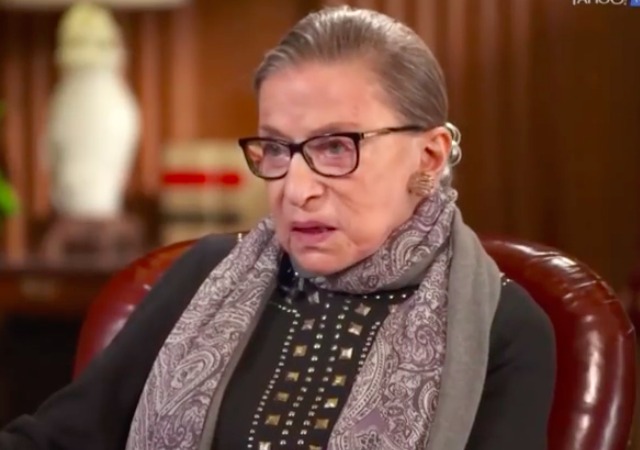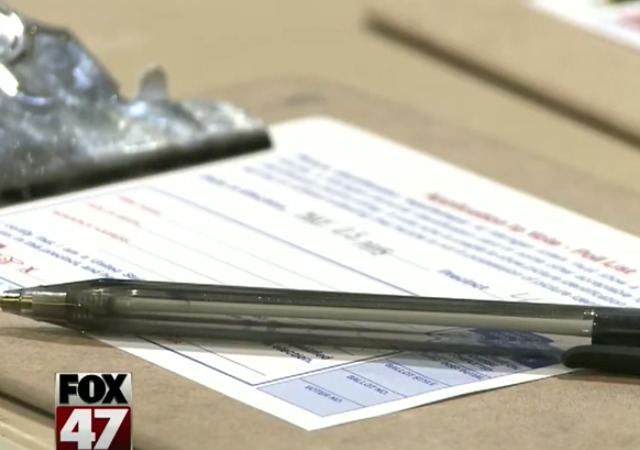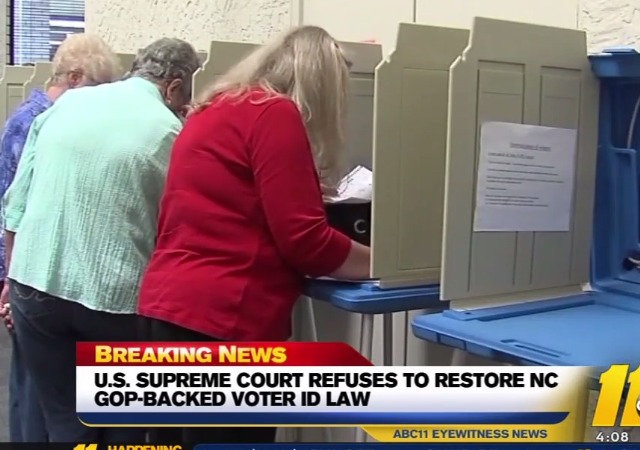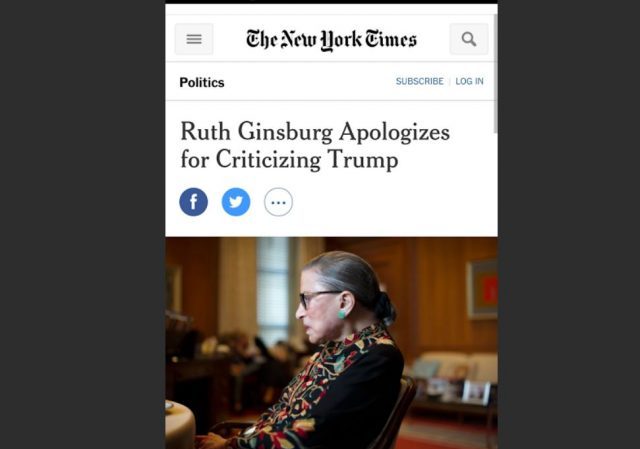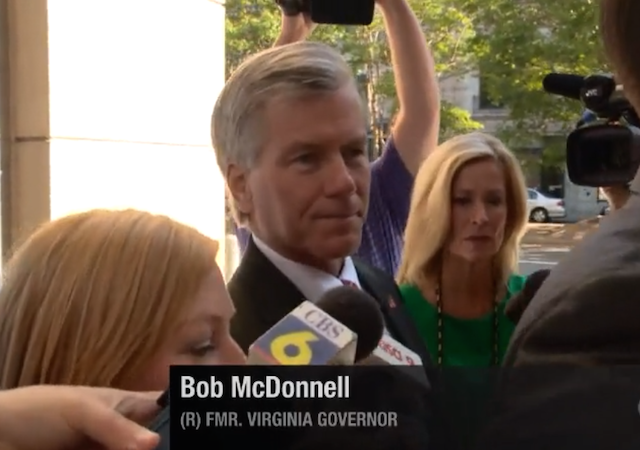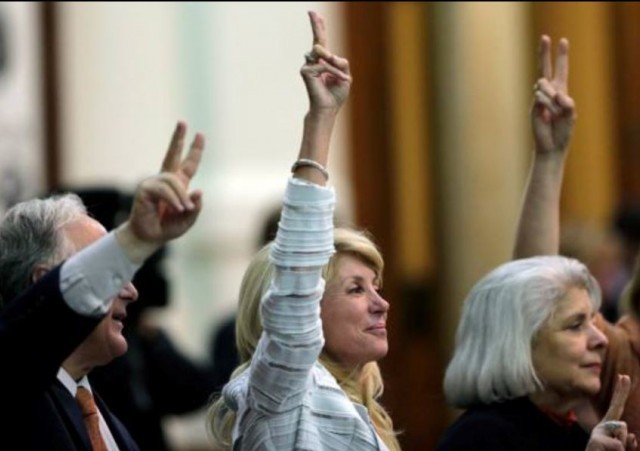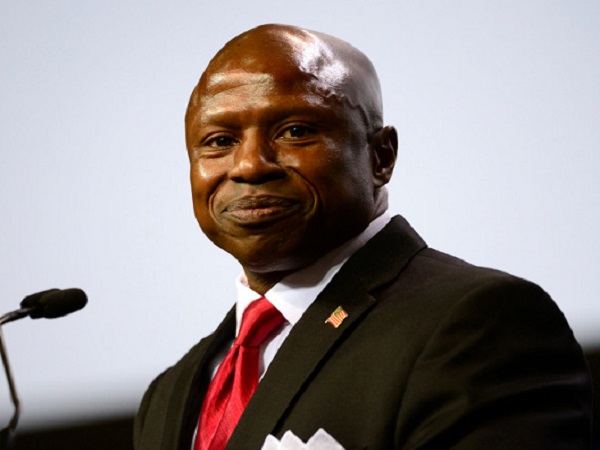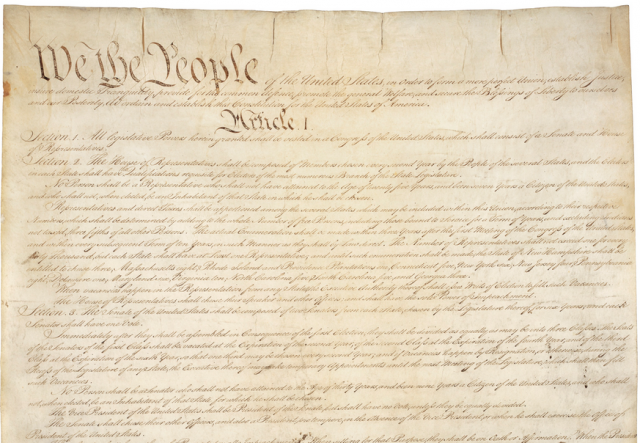Happy SCOTUS Opinion Day, Legal Insurrection readers! We've got several opinions coming out today. Still waiting for some of the most controversial ones -- three Texas cases dealing with abortion, affirmative action, and immigration -- but this morning's opinions cover some serious constitutional rights.
In day's first opinion,
Taylor v. United States, the Court continued to follow a broad interpretation of the Commerce Clause in ruling that it was proper for the federal government to prosecute a criminal defendant, David Taylor, who was part of a Virginia gang that robbed drug dealers.
The crimes at issue were two home invasions that targeted marijuana dealers. Taylor and his fellow gang members demanded drugs and money from the occupants of the homes, but in both cases, walked away without any drugs and only a small amount of money, jewelry, cell phones, etc.

